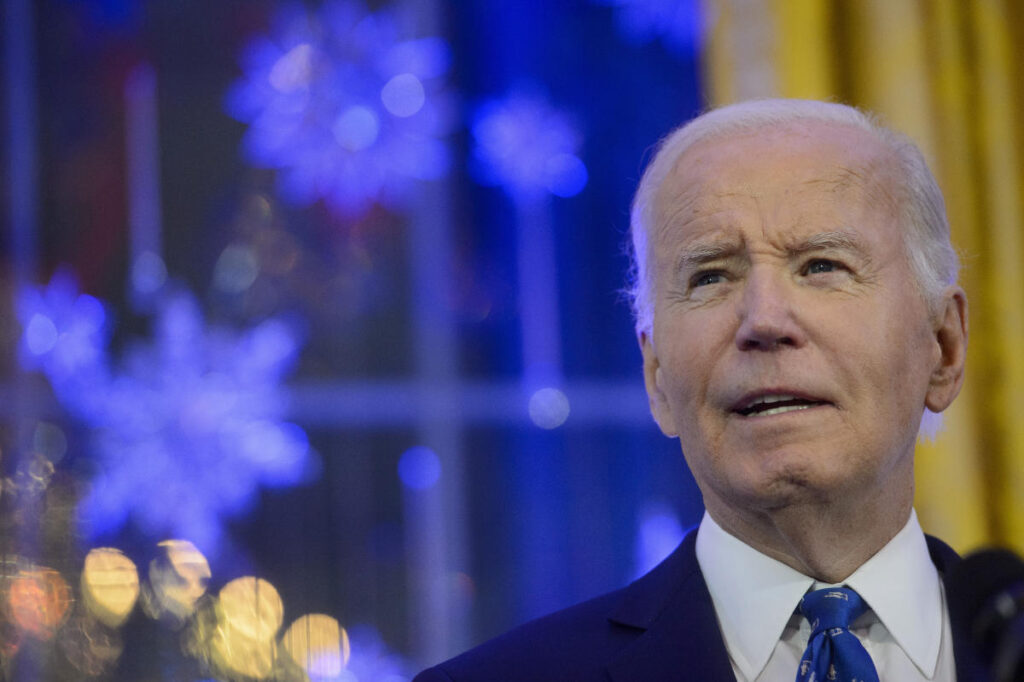The White House is preparing to announce President Joe Biden’s upcoming visit to the Vatican to meet with Pope Francis next month. This meeting is anticipated to be among the final international engagements of Biden’s presidency, as discussed by several anonymous sources familiar with the plans. While officials were approached for confirmation regarding the potential Vatican visit, they refrained from making any comments on the matter. The Vatican, for its part, typically maintains a policy of announcing papal audiences only a few days in advance, which aligns with the statement from Vatican spokesperson Matteo Bruni, who neither confirmed nor denied the visit.
Biden, who identifies as a practicing Roman Catholic, previously met with Pope Francis earlier this year during a trip to Italy for the Group of Seven (G7) leaders’ summit. In addition, their discussions in 2021 at the Vatican covered a wide array of significant topics, including climate change, poverty, and the ongoing struggle with the coronavirus pandemic. The conversations also took a personal turn, as they addressed the tragic loss of Biden’s son Beau, who passed away from cancer in 2015, as well as light-hearted exchanges about aging.
The relationship between Biden and the Pope is nuanced, particularly in light of Biden’s support for abortion rights and same-sex marriage, which puts him at odds with many bishops in the United States. Certain clergy have suggested that Biden should be denied the sacrament of Communion due to these stances. However, Biden has indicated that during their previous meeting, Pope Francis reassured him, referring to him as a “good Catholic.” The Pope’s support enabled Biden to continue receiving Communion, highlighting an ongoing dialogue between their differing views on moral and social issues.
As Biden approaches the end of his presidency, the significance of this proposed visit prioritizes not only diplomatic relations but also the deeply personal connection he shares with the Pope. Since their initial meeting, there has been an evident sense of camaraderie that transcends their differing opinions on various subjects. This connection reflects a broader consideration of how personal faith interacts with public policy and governance, which has become increasingly pertinent in American political dialogue.
The anticipated meeting is expected to continue the conversation on shared concerns such as enhancing global cooperation on climate change and addressing socioeconomic inequalities — issues that both leaders have passionately advocated. It presents yet another opportunity for Biden to reaffirm the United States’ commitment to multilateral partnerships and global humanitarian efforts, especially in an era marked by significant challenges. The dynamics of such discussions could influence not only future domestic policies but also how the United States positions itself within the international community moving forward.
In summary, Biden’s potential visit to the Vatican exemplifies the interplay between personal belief systems, high-level diplomacy, and the ongoing debates shaping American politics. It underscores a complex relationship that bridges faith, global diplomacy, and personal loss while emphasizing the importance of fostering dialogue across ideological divides. As this news unfolds, it will be watched closely both for its immediate implications and for what it signifies for Biden’s legacy as he navigates through his remaining time in office.

